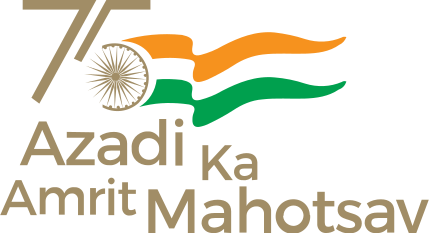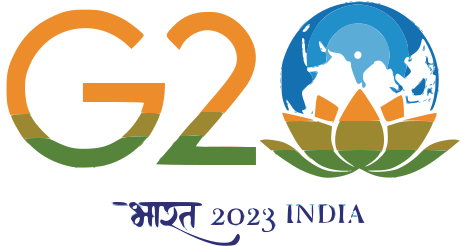Program Specific Outcomes
- Distinguished Lecture Series: Through organizing guest lectures, workshops, seminars, industrial visit and extension activities, the program enables students to learn economics, particularly its applications and foster the development of their own skills in economic reasoning and understanding.
- Conceptual-building Skills: Students understand the basic concepts in Economics and can apply them in the real world along with updating them with the recent trends in the subject. The student also builds a sound base for various post graduate courses in Economics and related fields.
- Indian Economy-based Analytical Skills: Building awareness and knowledge about the problems and policies of the Indian economy and the ongoing current trends.
- Critical Thinking Skills: Students are expected to be able to apply economic analysis to everyday problems in real world situations, to understand current events and evaluate specific policy proposals and to evaluate the role played by assumptions in arguments that reach different conclusions to a specific economic or policy problem.
- Quantitative Reasoning Skills: Students are expected to understand how to use empirical evidence to evaluate the validity of an economic argument, use statistical methodology, interpret statistical results and conduct appropriate statistical analysis of data.
- Problem-Solving Skills: Students are expected to be able to solve problems that have clear solutions and to address problems that do not have clear answers and explain conditions under which these solutions may be correct.
- Specialized Knowledge and Application of Skills: Students are expected to develop critical and quantitative thinking skills specific to business and accounting.
- Communication Skills: Students are expected to be able to communicate effectively in written, oral and graphical form about specific issues and to formulate well-organized written arguments that state assumptions and hypotheses supported by evidence.
- Research Skills: Students are enabled to develop a working knowledge of information databases (e.g., Jstor; Econ Lit) and know-how to locate, use and apply secondary/Government data sources through participation in the Department’s Economics research wing (ERW).
- Mapping Learning Goals to Courses: Faculty ensures to annually review the learning goals for various courses to ensure consistency and to evaluate how well the curriculum provides adequate opportunity to achieve mastery of learning goals before graduation.


